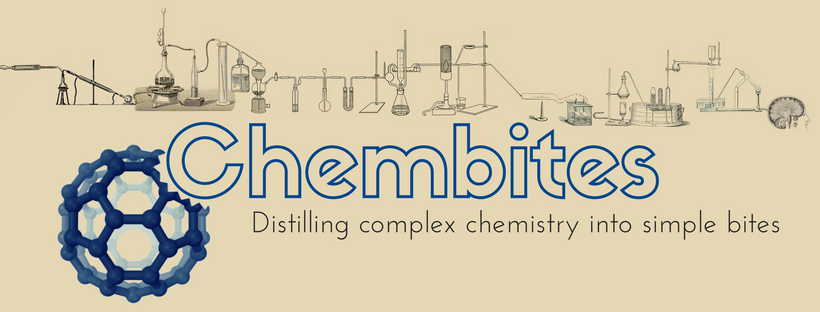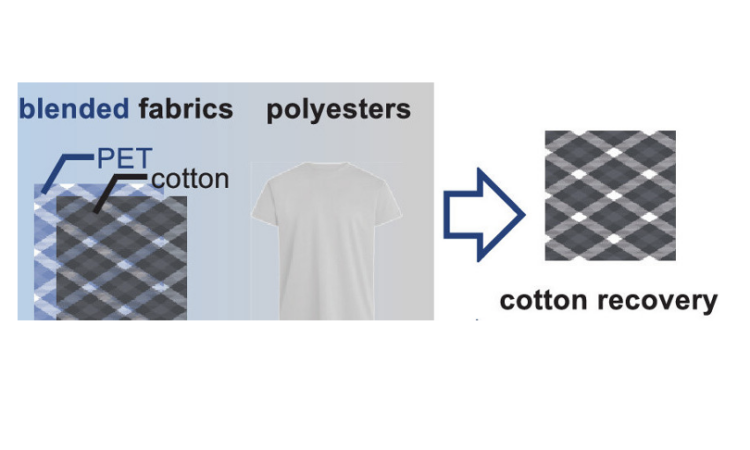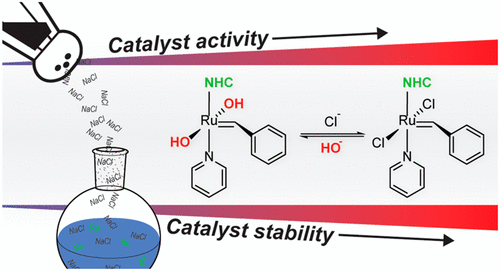Researchers have developed a new way to recycle blended fabrics.
From harmful emissions to vital materials: how electrochemistry is making the most of carbon dioxide waste
Carbon dioxide can be converted into useful materials using electrochemistry. This is doubly advantageous, since we can stop carbon dioxide entering the atmosphere and also produce something useful that usually comes from fossil fuels.
Combining Biomass and Carbon Dioxide Feedstocks Can Cut Polyurethane Emissions
Carbon dioxide and biomass combinations can reduce the carbon emissions of polyurethane production, but has negative effects on other environmental parameters.
Feeling Floral: Using Flowers as Sustainable Catalysts
Catalysts can make reactions more efficient and less wasteful, but some metals catalysts are toxic and can cause environmental damage. Researchers have found an alternative catalyst made from the flowers of St John’s Wort and are using it to make chemistry more eco-friendly.
Organic Synthesis With A Side Of Salt
The addition of common table salt can transform the workings of a complex organic chemistry reaction.





